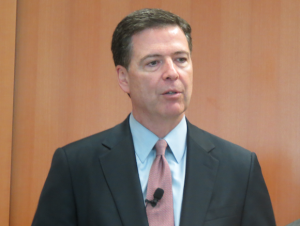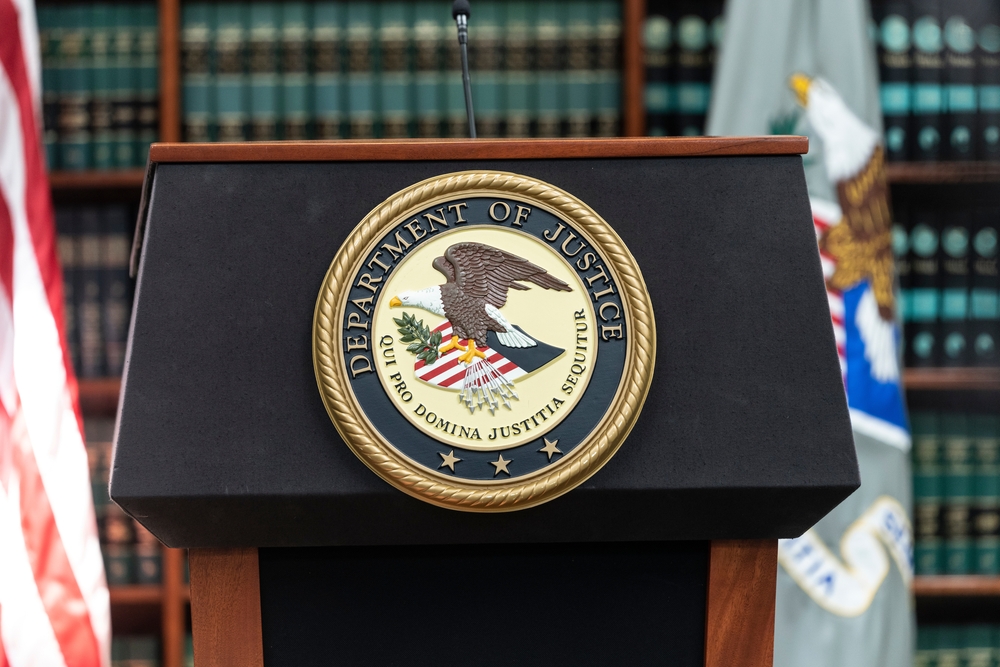 Editorial
EditorialBy Herald Review
James Comey became FBI director last year, at a time when Osama bin Laden was dead, terrorism at home was on the decline and the United States was shrinking its inflammatory presence in the Muslim world. So naturally, he says the danger is way worse than you think.Referring to al-Qaida groups in Africa and the Middle East, he recently told The New York Times, “I didn’t have anywhere near the appreciation I got after I came into this job just how virulent those affiliates had become. There are both many more than I appreciated, and they are stronger than I appreciated.”
It may look like we’ve greatly diminished if not eliminated the danger of Islamic extremism against American targets. In fact, Comey assures us, “that threat has metastasized.” Of course cancer is far more deadly once it spreads.
In this respect he resembles just about every bureaucrat in the history of government. He thinks that his agency is vitally important and growing more so every day. If there had been a Federal Bureau of Stagecoaches when passenger trains and cars came along, it would still be in business and finding ways to justify its preservation and expansion.
Terrorism has fed the FBI’s growth. Between 2001 and 2013, its budget nearly doubled after adjusting for inflation. But Comey was not pleased on arriving to learn that he would be inconvenienced by last year’s federal budget sequester.
“I was very surprised to learn how severe the potential cut is,” he complained. He warned he might have to cut 3,000 jobs. His estimate was inflated — the agency now says it eliminated just 2,200 positions through attrition. The agency’s website, however, says it has 35,344 employees — up by 30 percent since 2001.
Comey is upholding the tradition that once the government identifies an evil, the evil never goes away — it only gets bigger and tougher, requiring ever-increasing efforts to combat it. The Department of Energy was created during the “energy crisis” of the 1970s. The crisis didn’t last, but the department did.
To read more click here.





